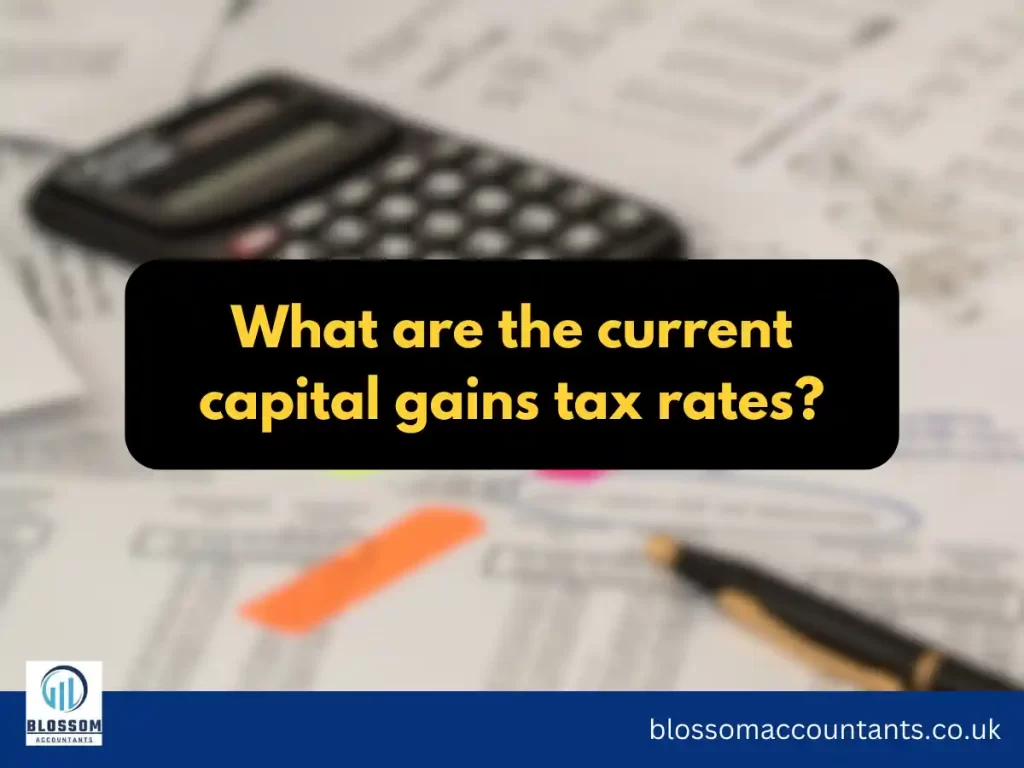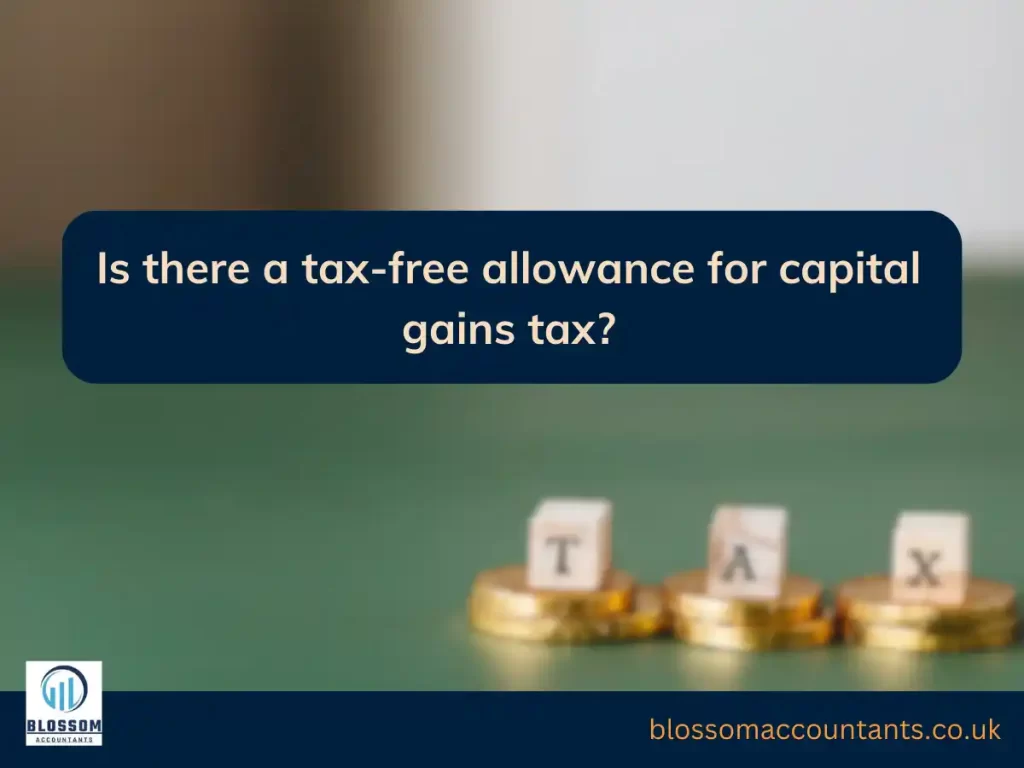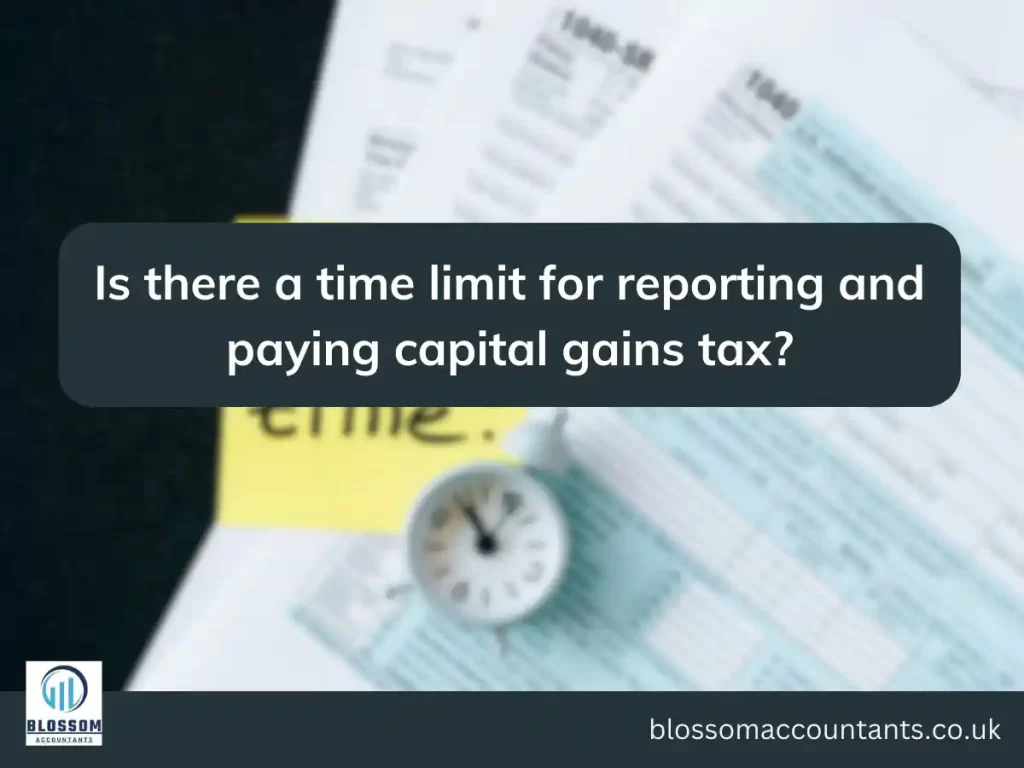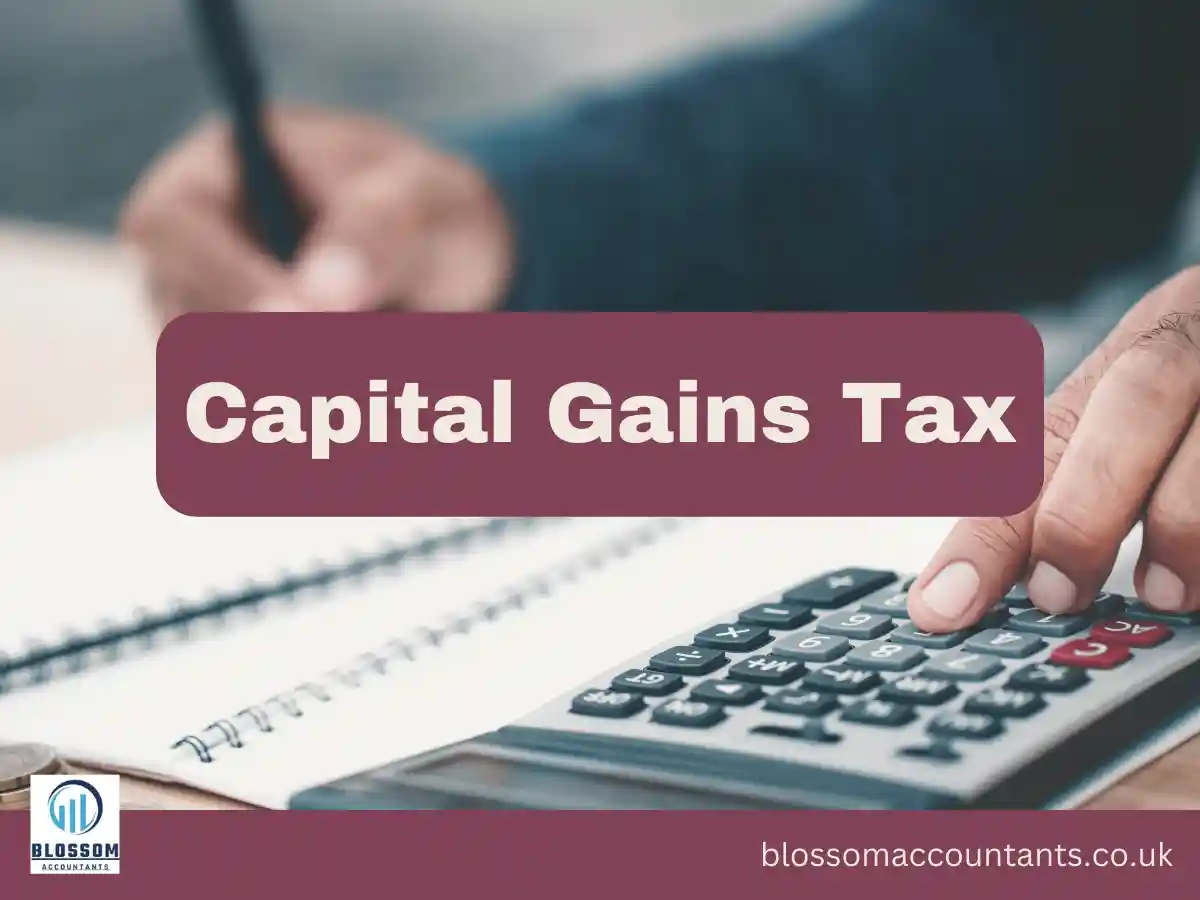Capital gains tax is an important aspect of the UK tax system that applies to the profit made from selling or disposing of certain assets. It is designed to tax the increase in value (capital gain) of an asset when it is sold or transferred.
In this post we will explain the capital gains tax in the UK in a questions and answers format. We’ll cover all topics such as its form, how to fill the form, rates, any exemptions, and other relevant information related to capital gains tax in UK.
Table of Contents
What is capital gains tax (CGT)?
Capital gains tax is a tax levied on profits obtained from the sale or disposal of assets such as real estate, investments, or personal items.
How is capital gains tax calculated?
The cost of acquiring and upgrading the asset (the “base cost”) is subtracted from the sale price or market value at the time of disposal to compute capital gains tax. The resultant profit is subsequently taxed. Here is the UK government link
Who is liable to pay capital gains tax?
Capital gains tax applicable on individuals, trustees, and certain type of businesses in UK when they sell or dispose of qualifying assets and make a profit out of it and if it is above their annual tax free allowance (also known as “annual exempt amount”)
What are the current capital gains tax rates?
Capital gains tax varies in UK depends on the tax payer’s income band. Individuals on higher income band pay higher capital gains tax for example 2023-2024, the rates are as follows:
Basic rate taxpayers: 10% on gains within the basic rate band and 20% on gains above the basic rate band.
Higher and additional rate taxpayers: 20% on all profits generated.

Are there any exemptions or reliefs available?
Yes, there are several deductions and reliefs available to minimize or eliminate capital gains tax payments. Below are some common exemptions which will help you to reduce your capital gains tax:
Annual exempt amount: Every individual gets an annual tax-free allowance (£12,570 for the tax year 2023-2024) below which gains are not taxed.
Principal Private Residence Relief: Individuals exempts from paying capital gains tax (CPT) on the sale of their main home in certain circumstances.
Entrepreneur’s Relief/Business Asset Disposal Relief: Provides a reduced rate of capital gains tax (10%) for qualifying business assets. Here is the link
Are there any special rules for specific assets?
Yes, certain assets have their own set of capital gains tax laws. As an example:
Stocks and shares: Capital gains tax is applied to gains made from selling shares or other securities in the financial year.
Property: Residential and non-residential property have different rates and tariffs for CPT
Inheritance: Capital gains tax may be affected when inheriting assets.
How is capital gains tax reported and paid?
The self-assessment tax return method is used to report and pay capital gains tax. Individuals must compute their profits, record them on their tax returns, and pay any taxes owed by the applicable time to HMRC.
Is there a tax-free allowance for capital gains tax?
Individuals have an annual exempt threshold (£12,570 for tax year 2023-2024) below which capital gains are not taxed.
Also read: SA1 Form – Self Assessment

Can losses be offset against capital gains?
Yes, capital losses can be used to offset capital gains, lowering the overall tax burden. Unused losses can also be carried forward and applied to future profits.
Is capital gains tax applicable to gifts and transfers?
Yes, capital gains tax may apply when assets are gifted or transferred, even if no money changes hands. The market value of the asset at the time of transfer is used for tax calculations.
How does capital gains tax apply to investments, such as stocks and shares?
Gains from the sale of stocks and shares are subject to capital gains tax. Subtracting the acquisition cost (including any related costs) from the sale profits yields the gain. Depending on the individual’s income tax bracket, different tax rates may apply.
Are there any specific rules for capital gains tax on foreign assets?
Yes, there are specific rules for capital gains tax on foreign assets. Non-residents are generally subject to capital gains tax on gains made from the sale or disposal of UK residential property. However, there may be exemptions or special rules based on tax treaties with other countries.
Is there a time limit for reporting and paying capital gains tax?
Yes, there is a time limit for reporting and paying capital gains tax. Individuals typically have until the self-assessment tax return deadline, which is normally the 31st of January following the end of the tax year in which the disposal happened. Penalties and interest charges may be imposed for late submission and payment.

Can capital gains tax be reduced through tax reliefs and allowances?
Individuals can decrease their capital gains tax burden by taking advantage of numerous reliefs and exemptions. Here are a few examples:
Entrepreneur’s Relief/Business Asset Disposal Relief (BADR) for qualifying business assets.
Rollover relief is available for reinvesting profits in new assets.
Gift Hold-Over Relief for assets gifted.
Is capital gains tax payable on inherited assets?
Capital gains tax may be applicable when inheriting assets, depending on the circumstances. Inheritance itself is generally not subject to capital gains tax, but when the inherited asset is later sold or disposed of, any gain from the inherited value may be subject to tax.
Are there any penalties for non-compliance with capital gains tax rules?
Yes, there can be penalties for non-compliance with capital gains tax rules. Failure to report and pay the tax on time, inaccuracies in tax returns, or deliberate tax evasion can result in penalties, interest charges, and potential legal consequences.
Can professional advice help in managing capital gains tax liabilities?
Yes, seeking professional advice from tax advisors or accountants can be beneficial in managing capital gains tax liabilities. They can provide guidance on tax planning, exemptions, reliefs, and ensure compliance with the relevant tax regulations.
Can losses from previous years be carried forward to offset future gains?
Yes, you can carry over unused capital losses to offset future capital gains. Individuals can use losses from past years to minimize their tax liability.
Also read: P6 Form – Tax Notice from HMRC

Are there any circumstances where capital gains tax may not apply?
Capital gains tax (CPT) may not apply in certain instances. These are some examples:
Transfers of assets between spouses or civil partners.
Transfers of assets to charities.
Disposal of assets within the tax-free annual exempt amount
Can individuals claim tax relief for capital losses?
Individuals can seek capital loss tax relief by balancing them against capital profits. Losses can be carried forward and used to decrease the overall tax burden in future years.
Conclusion of Capital Gains Tax in UK
Capital gains tax in the UK is a complex area of taxation that requires careful consideration and compliance. Understanding the rules, exemptions, rates, and reporting requirements is crucial for individuals and businesses to manage their capital gains tax liabilities effectively and make informed financial decisions. Consulting with tax professionals is recommended to ensure compliance and optimize tax planning strategies.
DISCLAIMER: We have written the UK accounting and tax related details for your information only. For professional advice or for any accounting task you require, you may need to speak to a professional accountant near you who can assist you. Please read our disclaimer for more details.

